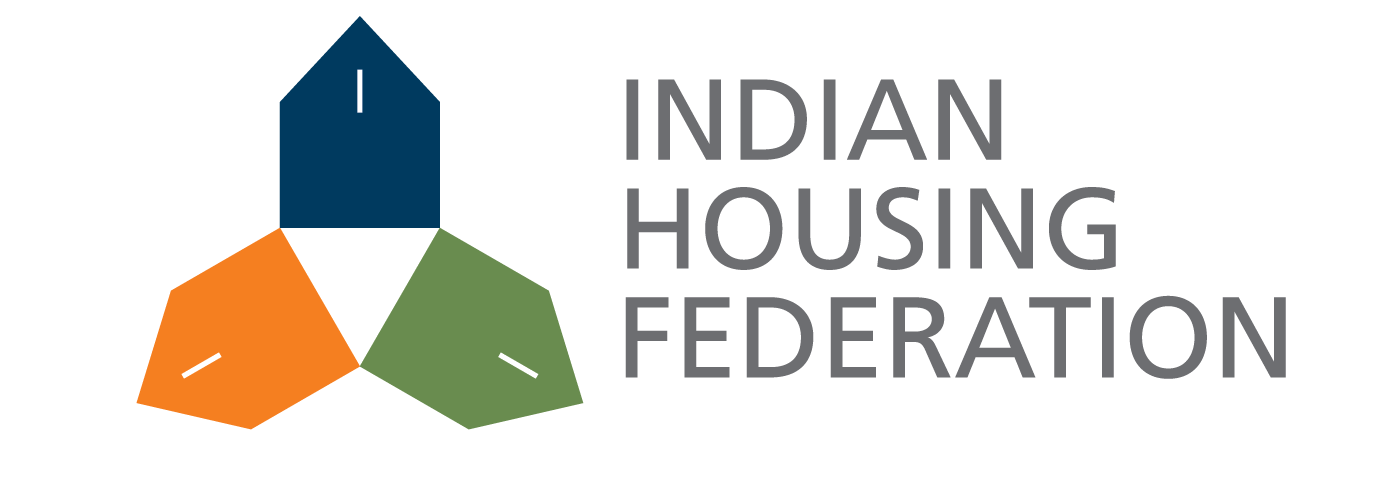Report Title - Transforming Urban Landscape: Empowering Women through PMAY(U)
Published By - Ministry of Housing and Urban Affairs, Government of India
Authors - N/A
Date - July 28, 2018
Link - Click Here for Report
IHF Commentary
Women’s ownership of housing and property is often constrained due to persisting gender differences in access to resources, money, power and roles defined by gender as per cultural and social norms. Domestic responsibilities are solely entrusted to women while they often get pushed to the economic margins due to discriminatory wages. Women on the lower rungs of caste and class hierarchies are further disadvantaged. These historically rooted barriers of patriarchy, caste and class impede the capacity of women to influence changes and participate in housing-related decision making. As a result, they are often compelled to live in inadequate housing and depend on the male members of the family.
(Source: Saegert, Susan & Clark, H.. (2006). ‘Opening doors: What a right to housing means for women’. In Rachel G. Bratt, Michael E. Stone and Chester Hartman (eds), A Right to Housing: Foundation for a New Social Agenda. Philadelphia, PA: Temple University Press.)
The Pradhan Mantri Awas Yojana - Urban (PMAY-U), a Government of India scheme aimed at housing for all, especially for economically weaker section (EWS) and lower income group (LIG) beneficiaries, has been a game changer for women ownership of housing because it mandates registration of the house in the name of the woman head of the family for ownership or joint ownership. To an extent, this scheme has empowered women from EWS and LIG households to realise their dream to own a pucca house connected to basic amenities.
While PMAY-U’s implementation is still not pervasive, this gradual reform is a step in the right direction for women property ownership in India.
To access this Hindi Publication released on the PMAY-U 5th Anniversary
To chronicle the impact of this scheme on women empowerment, the Ministry of Housing and Urban Affairs (MoHUA) released a publication titled, ‘Transforming Urban Landscape - Empowering Women through PMAY (U)’ on the occasion of PMAY-U’s 3rd anniversary. The publication is a compilation of the journeys of 35 women from across the country who share their stories of pride and joy in owning a house as beneficiaries across the four verticals under PMAY-U - In-Situ Slum Redevelopment (ISSR), Affordable Housing in Partnership (AHP), Beneficiary Led Construction/Enhancement (BLC) and Credit Linked Subsidy Scheme (CLSS).
Several of these narratives are fundamentally a reflection of the improved quality of life, the revival of dignity and the social security that these women have experienced after becoming owners of a pucca house under PMAY-U. The stories of these women highlight the miserable conditions of the kutcha, rickety, cramped, crumbling and dilapidated rental houses they had been living in for years because of financial constraints and lack of awareness and support to build their own house. The stories further highlight the undying aspiration these women harboured to live in an adequate pucca house, which eventually led them to familiarise themselves with the scheme by attending PMAY-U awareness campaigns and, thereafter, secure support from the respective urban local bodies to complete their documentation and registration as beneficiaries under this scheme.
An important aspect of the stories is the fundamental transformation in quality of life and a resurgence in confidence experienced by the women as a result of moving into their own pucca house. Their old houses lacked adequate facilities for basic amenities such as water supply and toilets, forcing the women to defecate in the open without privacy and security. With independent toilets in each new house, they reported their sanitation concerns were resolved which helped boost their esteem and inspired a sense of dignity in them. The pucca house also safeguards them from bad weather conditions and wastewater logging in their neighbourhoods.
Women also reported their happiness about their families living safely together and obtaining a better social status overtime. Specifically, their children now have a room for themselves and enough space to study, because of which they can foresee a promising career and a brighter future for their children.
The ownership or co-ownership of houses has been a reassuring change in the lives of these women who feel more empowered now and feel a stronger conviction towards continuing to improve their lives.


